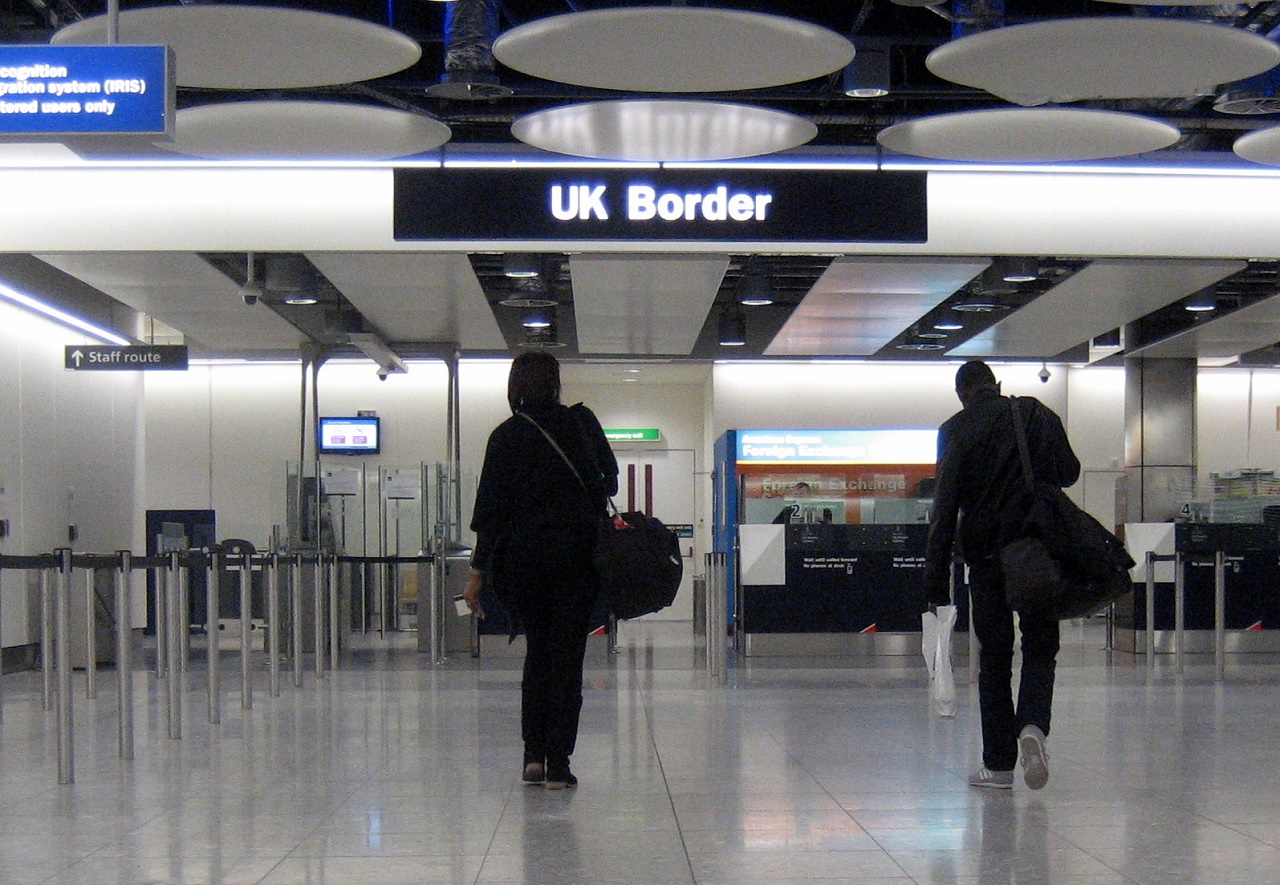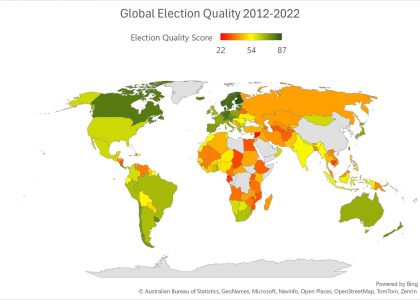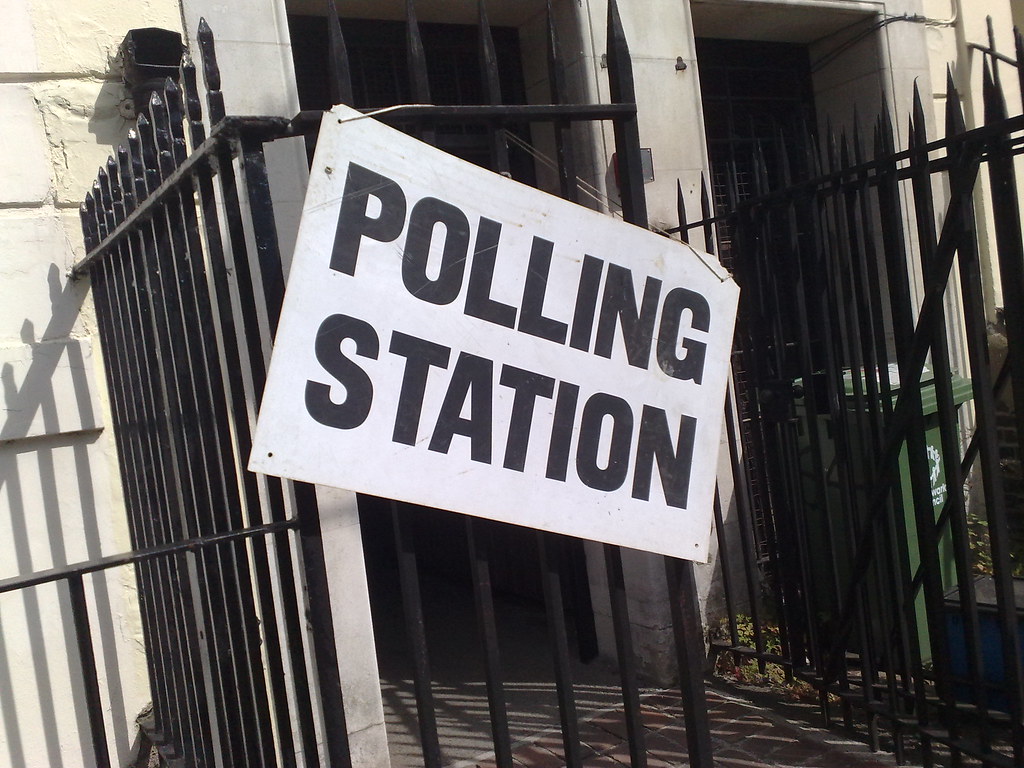Dr Alexandria Innes responds to John Turnpenny’s recent post about immigration, arguing that the debate about immigration is one sided. She put straight some of the myths about the costs of immigration.
When people start talking about immigration I feel the need to weigh in – that has gotten me into trouble more than once (including a brief completely unjustified detention at the US border, but that’s a story for another time… ). John’s recent post underlined some of the major problems we are faced with if we ever want to have a balanced and thoughtful discussion about immigration.
I think part of the issue is that we always think of immigration in a one-sided way. The ‘us’ is an uncomplicated homogenous ‘British’ population. And the ‘them’ is the immigrants and potential immigrants that are coming to ‘steal our benefits’ / ‘use our NHS’ / ‘take our jobs’ / ‘contribute diversity and multiculturalism’ (delete as appropriate). On the other hand, we could think about emigrants. And ex-pats (since, white people aren’t ‘immigrants’ no matter where they go). Or transnational families, or mixed citizen-immigrant families – the latter is what I focus on here.

For example, maybe you’ve heard that Britain is the biggest exporter of people in the EU. Or that Britain isn’t even in the top ten of destination countries for Romanian migrants. You’re possibly also are aware that the cost of immigrants to the NHS is vastly lower than the costs UK citizens levy on European national healthcare systems (who are the ‘health tourists’ now?). And I’m interested in pursuing this question of benefits. I believe that restricting access to benefits for migrants will have a detrimental effect on people in the UK. My position is based on an existing effort to prevent immigrants from accessing benefits and the enormous amount of harm that has done to immigrants and citizens alike. I’m talking about the spousal visa minimum income requirement.
In short, if you want to immigrate a spouse to the UK you have to earn at least £18,500. This increases if you have children. The law is meant to ensure that foreign spouses will not come to rely on benefits. The stated rationale was that this will stop transnational arranged marriages. It does this by simply preventing poor people from moving to the UK to live as a family, regardless of how long they’ve been married and, irrationally, making it even more difficult if they have children.
The spousal visa minimum income requirement puts a price tag on the value of living as a family. It separates families, including children from their parents. It establishes that the feelings of poor people are not worth respecting – if you don’t earn enough money you don’t deserve to be with the person you love or even your children. You might harm national interests!
But perhaps more important than surface-level objections, the law has implications of gender-based discrimination. Women are overrepresented in low-paying jobs and earn on average 19.1% less than their male counterparts in the same job, meaning they are unfairly disadvantaged if they have a foreign spouse.
Ethnic minorities are twice as likely to live in a low-income household than white families. A low income family is measured at earning less than 60% of the median income. This is currently about £10,600 – a little more than half the spousal visa income requirement.
Finally, the spousal visa income requirement forces the choice for a family: the partner who is the British citizen must be the breadwinner, at least for a period of time. It precludes the UK citizen parent making the choice to stay at home and take care of children should he or she want to do that.
It is worth asking whether the spousal visa income requirement has successfully fulfilled its objective of limiting transnational arranged marriages. It has certainly limited access to spousal visas. However, there is no evidence that says that access has targeted the intended population (while there are critical analyses that illustrate why targeting the intended population is problematic – also see this). There is no evidence to show that the income requirement works more effectively than the requirement of a minimum age.
Even without the spousal visa requirement, the cost of gaining permanent residence in the UK is currently £1168.20 with a second £1168.20 due after 30 months in the country. If one then wants to become a British citizen the fee is an additional £1579.18 – making a total of £3915.28. This isn’t cheap. It’s already enacting a discriminatory wealth-based measure. Moreover, no one gets a visa without paying for it, although people form the wealthiest counties in the world who are most likely to afford the cost do get a visa-waiver.
Alexandria Innes is Lecturer in International Relations at the University of East Anglia. Alexandria’s current research is at the intersection of human rights and security studies, focusing on how people who do not have citizenship or immigration status experience international relations. Her work has appeared in International Relations, Global Society and the Routledge Interventions series. She is the author of Migration, Citizenship and the Challenge for Security.
Image credit: Wikipedia





